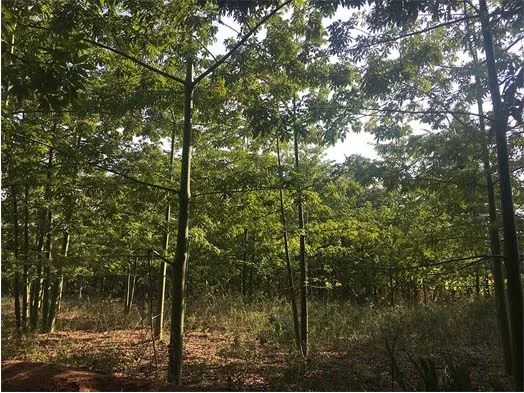Millions of people live in and nearby forest area depends on the forest. They collect the forest produce for their livelihood without disturbing the forest. The high consumer demand and steady growth in recent years demand of forest produce is gradually increasing in the world market due to use of forest products in food and medicinal industry. Therefore wild harvest certification offers opportunities for tribal communities or collectors whose livelihoods are depend to forest resources. Wild harvest collection refers to the collection of medicinal and aromatic plants as well as sea and aquatic plant products (like seaweed) from their natural habitats. The main purpose of certifying the collection of wild plants/crops is to show that the collection does not endanger the ecosystem, and that the stability of the plant population or the ecosystem is not threatened.


Organic is a particular farming system as described in standards and not to the term used in chemistry.
Organic agriculture is a system of farm design and management to create an ecosystem, which can achieve sustainable productivity without the use of artificial external inputs such as chemical fertilizers and pesticides.
Organic certification is a process by which the accredited Certification Body by way of a Scope Certificate assures that the production or processing system of the client has been methodically assessed and conforms to the specific standard requirements.

A person seeking an organic certification of wild harvest must fulfill the following requirements